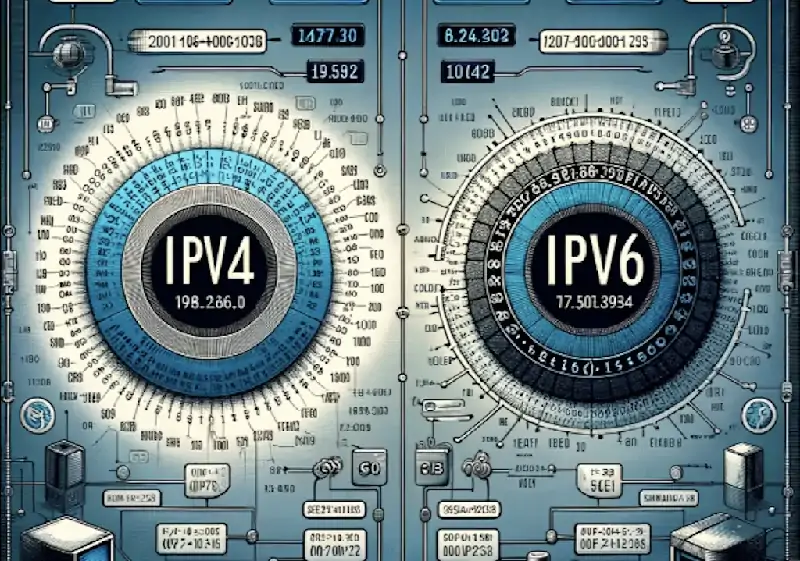- VPN preserves users’ online anonymity by replacing the real IP address with a virtual one.
- Using public Wi-Fi is an easy way to avoid using the ISP-assigned IP address at home but avoid using it for sensitive transactions.
- A proxy server is a web server that works as a bridge between the server hosting the website users want to view and the Internet-connected device.
An IP address serves as a unique identifier for devices connected to a network, enabling seamless communication and data exchange. However, the proliferation of cyber threats underscores the necessity of safeguarding IP addresses against unauthorised access and misuse.
VPNs
A Virtual Private Network (VPN) preserves users’ online anonymity by replacing the real IP address with a virtual one. When users connect to the Internet using a VPN, websites see the IP address supplied by the VPN server rather than the one assigned by the ISP (Internet service provider).
Changing the IP address with an overseas VPN server significantly alters geographical location. For example, if you are in England and connect to the Internet using a United States IP address, websites may assume you are coming from the United States rather than England.
Many services use IP addresses to check one’s location and enforce copyright. So, in theory, users could use a VPN to access Netflix USA from outside the United States.
Online payment companies like PayPal may potentially limit access to the account if using a foreign IP address. Theoretically, users might use a VPN to access the payment site in places where it is restricted.
Also read: What are IP addresses and why they are important?
Public Wi-Fi
Using public Wi-Fi is an easy way to avoid using the ISP-assigned IP address at home. When using a public Wi-Fi network, devices should be assigned a new IP address. However, we urge that you avoid using public Wi-Fi for sensitive transactions.
Public Wi-Fi connections are commonly found at retail malls, parks, restaurants, and airports. To attract tourists and travellers to connect, public Wi-Fi connections typically have poor or non-existent security safeguards. That is why they are vulnerable to a variety of hacker assaults, including man-in-the-middle (MitM) attacks. Hackers may also impersonate popular public Wi-Fi networks to deceive unwary users.
Also read: What is LACNIC? Cybersecurity, IP address registration and demand in Latin America and the Caribbean
Proxy servers
Using a proxy server is another way to secure the IP address, although most people prefer to use an anonymous web browser or VPN instead. A proxy server is a web server that works as a bridge between the server hosting the website users want to view and the Internet-connected device.
This technology hides the IP address by making it appear as if the Internet activity is originating from somewhere else. However, a proxy server does not encrypt data; instead, it conceals the IP address. This makes proxy servers the least secure solution when compared to VPNs and anonymous web browsers.
Although there are free proxy servers available, they might be sluggish and unreliable due to the large number of users. Free proxy servers may also sell personal information to third parties, so they should be avoided.
Tor browser
Use the Tor (The Onion Router) browser to secure the IP address. The program conceals IP addresses by routing users’ communication several times across nodes, much like layers of an onion. However, Tor’s strong encryption has a drawback. Using TOR to hide IP addresses will make Internet connection slower.









